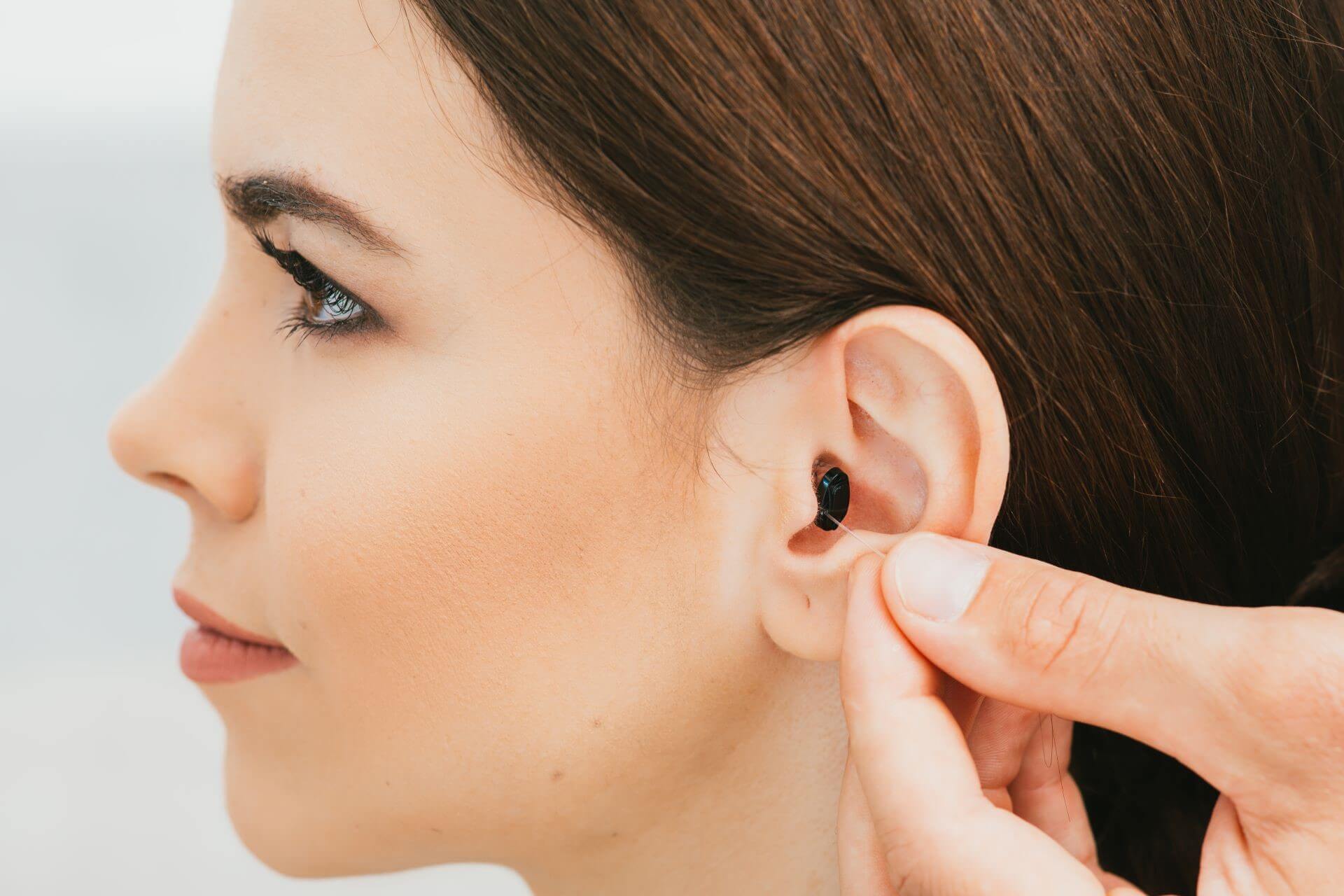Hearing Aids & Sound Amplifiers

Hearing Aids & Sound Amplifiers
You’ve likely seen them advertised on television—small electronic sound amplifiers that allow users to enjoy nighttime TV without disturbing sleepers, or to hear their toddlers from many yards away.
While these personal sound amplifiers may help people hear things that are at low volume or at a distance, the Food and Drug Administration (FDA) wants to ensure that consumers don’t mistake them—or use them as substitutes—for approved hearing aids.
Hearing Aids vs. Personal Sound Amplifiers (PSAPs)
“Hearing aids and personal sound amplification products (PSAPS) can both improve our ability to hear sound,” says Eric Mann, M.D., Ph.D, deputy director of FDA’s Division of Ophthalmic, Neurological, And Ear, Nose, and Throat Devices. “They are both wearable, and some of their technology and function is similar.”
Mann notes, however, that the products are different in that only hearing aids are intended to make up for impaired hearing. He says consumers should buy a personal sound amplifier only after ruling out hearing loss as a reason for getting one.
“If you suspect hearing loss, get your hearing evaluated by a health care professional,” he adds.
Personal Sound Amplifiers (PSAPs)
Personal Sound Amplification Products (PSAPs), or sound amplifiers, increase environmental sounds for non-hearing impaired consumers.
Examples of situations when these products would be used include hunting (listening for prey), bird watching, listening to a lecture with a distant speaker, and listening to soft sounds that would be difficult for normal hearing individuals to hear (e.g., distant conversations, performances).
PSAPs are not intended to amplify speech or environmental sound for individuals with impaired hearing or to compensate for hearing impairment.
Choosing a PSAP as a substitute for a hearing aid can lead to more damage to your hearing, says Mann. “It can cause a delay in diagnosis of a potentially treatable condition. And that delay can allow the condition to get worse and lead to other complications,” he says.
Treatments for impaired hearing can be as simple as removal of a wax plug in the doctor’s office or, in rare cases, as serious as a major surgery to remove a tumor or growth in the middle or inner ear, says Mann.
